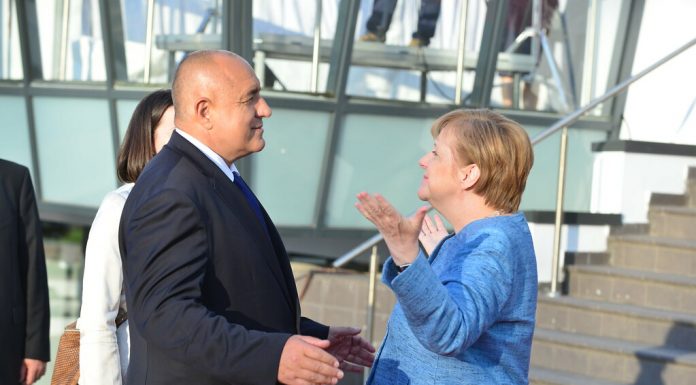
This week, European Commission President Ursula Von der Leyen repeated her sharp criticism of Hungary’s legislation banning ‘displaying or promoting” homosexuality to people under 18. She stated that Hungary would face the full force of EU law if it did not back down, however without providing details. This followed the European Commission’s refusal to agree to Hungary’s request for €7.2 billion in grants under the EU’s recovery fund, due to dissatisfaction over the government’s anti-corruption efforts.
Somehow, the European Union seems to be a lot more foregiving to countries in its neighbourbood, when it comes to how they treat minority groups or when it comes to granting them EU cash.
Then we’re not merely talking about the likes of Turkey or Morocco. Earlier this week, the EU, through its Eastern Partnership programme, had put forward an Economic and Investment plan of €17 billion to support the economic recovery of its Eastern European neighbours.
That Georgia will be allocated 3.9 billion euro under this programme deserves a bit more scrutiny, given that the country seemed on the brink of abandoning democracy only months ago, and that it also just faced international condemnation for an attack on an LGBT pride parade which activists in the country claimed was backed by the government. Given the EU’s renewed approach to combatting abuses from its own members, why is the EU rewarding Georgia’s bad behaviour?
The announcement by Georgian Prime Minister Irakli Garibashvili earlier this week that the EU would be sending almost 4 billion to help Georgia improve its transport and logistics connectivity would not have seemed as unusual as it did, if had it happened some years ago. For many years Georgia was seen as one of the stars of Eastern Europe, having implemented courageous and succesful economic reforms, drifting ever close to the EU, and making bold statements about membership in the near future. However, over the last year Georgia has taken a number of steps back.
Last year’s election was widely criticised in the country, with opposition MPs claiming the election had been rigged and refusing to take up their seats in parliament. The crisis escalated further when opposition leader Nick Melia was arrested earlier this year on charges widely seen as politically motivated, causing mass protests and clashes with state police. Fears that the country may abandon democracy have, for now, ultimately been diffused through negotiations with the EU, but the agreement is only a few months old, and fresh allegations against the state continue.
Earlier this week, the headquarters of a Georgian LGBT group was attacked by ultranationalists, with the group’s pride march pursued by mobs. Activists claimed the government had failed to provide the necessary protection, and actively hindered their efforts to organise, reflecting the Prime Minister’s comments that the event was not acceptable to many Georgians.
Given this degree of democratic and civil backsliding, the decision to reward Georgia with investment could still make sense if its connectivity infrastructure was free from the government’s mismanagement, however this is not the case.
Last month, Georgian internet company Magticom accused the state regulator, the GNCC, of effectively destroying the country’s telecoms sector and driving investment out of the country. The mobile phone company claimed the government was engaging in endless legal disputes with the private sector, and specifically called out the stifling effects of the regulator’s recent move to approve all retail price rises by Georgia’s mobile operators, a power held by no regulatory authority in any of EU Member-State.
Meanwhile, one of the country’s largest internet providers, Caucasus Online, has been stuck in limbo following the effective expropriation of the company by the state regulator after it passed a series of widely criticised amendments last year. The country’s new telecom laws have been condemned by the Council of Europe’s Venice Commission, which explicitly called on the government to overturn the new rules on the grounds that they undermined the freedom of the media and the right to a fair trial. The government has ignored these calls.
With the country’s telecoms sector in a state of apparent disarray, the EU’s decision to commit funds to the government for this sector becomes all the more questionable.
Over the last year the EU has been explicit to its member states about tying funding to good behaviour, it is perplexing that it should choose not to apply this to its Eastern Partners, particularly one that has so publicly backslid in the last year. If Georgia is to move closer to European values it has to be discouraged from abusing its citizens, its political system, and its private sector, not rewarded with billions of euros.












